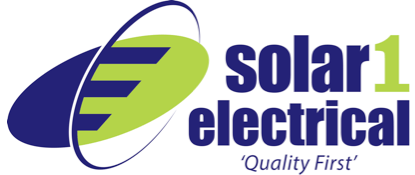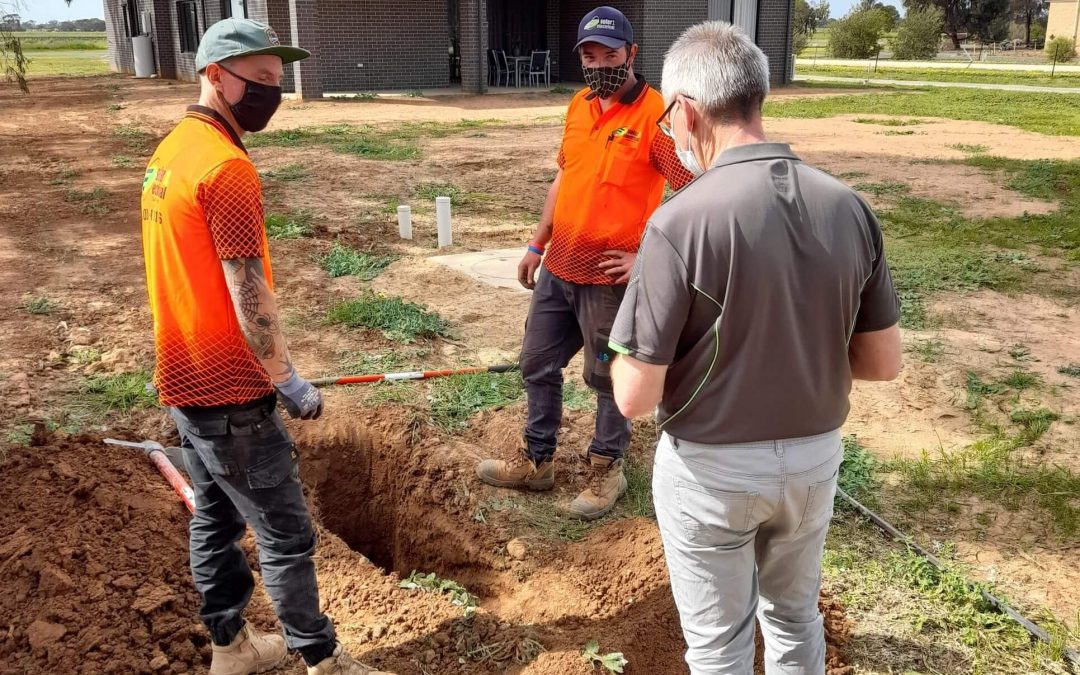
When it comes to selecting a solar installer how do you know you are investing with the right business?
Let’s face it, it can be confusing, and when we don’t know exactly what we are talking about the fear of someone pulling the wool over our eyes can kick in.
Let us take some of the uncertainty away by providing you with a detailed list of questions to ask that will guide you towards making an informed decision (and make you sound like an expert yourself).
1. Ensure you obtain their accreditation number. (CEC)
Clean Energy Council accreditation is a qualification that demonstrates an installer’s competence in design and installation of stand-alone and grid-connected solar PV systems. From 1st July 2019 it will be a requirement for anyone wishing to claim a rebate that they use a CEC approval retailer.
Why is this important?
Systems designed and installed by Clean Energy Council-accredited installers are eligible for government incentives and rebates. You can also check this yourself, Click here to check your installer is accredited.
2. Where is the company based?
A locally owned diversified company is more likely to offer a personal service and provide personal contact along with after care service. No answering services, or web-based robots, speak to the people that run the business.
Why is this important?
There are plenty of companies that are all marketing-based spending lots of dollars on flashy ads to get you to buy, although if there is a problem down the track how easy are they to contact?
3. Are installers Sub-contracted?
Depending on the business structure companies will have a fully diversified business with their own certified installers including A Grade Electricians, trades people and they will manage the installation or the business will subcontract the workmanship out.
Why is this important?
When it comes to quality, there is no better way to ensure workmanship than with a business that manages the service from beginning to end.
4. Aftercare Service. Will they be available to troubleshoot and fix problems?
Some companies monitor the performance of their installs and provide feedback and aftercare service.
Why is this important?
A business that monitors the performance of their installs can advise if there is a problem which can save you additional dollars.
5. What is the estimated solar production?
Make sure you have an idea for best and worst months. Request a full cost analysis report showing your return on investment and average cost savings and solar production.
Why is this important?
The quality of panels varies greatly and it can be easy to be caught up in the marketing of cheaper systems. If you are not provided with the solar production are you actually obtaining the best savings?
6. Who organises the necessary metering changes and what are the associated costs?
Clarify who is responsible and who pays the costs.
Why is this important?
Quality installation companies will manage this for you as part of their service and advise cost upfront.
7. How will the solar rebates be credited?
Check eligibility for both state and federal rebates.
Why is this important?
If you can claim a rebate make sure you know the correct process reducing risks of missing out or being rejected. Victorian state rebates have been up to $2,225 with Federal rebate based on your needs. Check your own eligibility here.
8. Do they have a formal complaint handling system?
Ask if you can access their standard procedures for handling complaints or where to download a copy.
Why is this important?
If a problem does occur knowing how it will be handled and in what time frame can put your mind at ease. If there is no system in place or formal process to be followed it can drag out months and cause unnecessary frustrations.
9. Warranties on both workmanship and products. What do they offer?
Ensure you ask what warranties or guarantees they offer both standard and extended warranties.
Why is this important?
Some systems only offer 5-year warranties. After making the decision to invest in Solar Panels the last thing you want to be thinking about is replacing them in 5 years’ time.
10. Do all products used in the install meet Australian Standards?
If you would like a complete list of standards visit CEC website here.
Why is this important?
A panel that is not designed to meet our harsh conditions can underperform and not stand the test of time. Plus, if they don’t meet the CEC standards you will not be eligible for any rebates.
Contact our team to discuss your electrical, solar and renewable energy solutions 1300 451 316.


